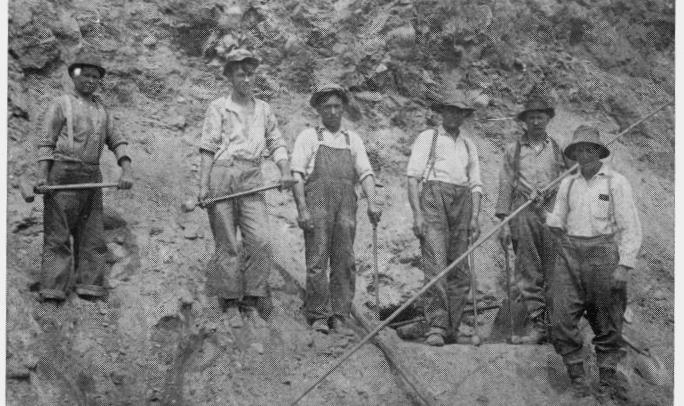unprofitable, both in Hibbing and elsewhere within the mining region, and the demand for labor grew. A time seemed to be dawning when it would be possible for labor to achieve an improvement in its lot. The Finnish-language Sosialisti (21 November 1915) depicted the situation in the following terms
"The problem of high prices is just as grave as the war in Europe itself. Among workers, the demand for higher wages is beginning to appear as its most important demand. Meanwhile, we hear many different stories: one blames the Democrats; another, low productivity; a third, the war, and so we get no pay raise. But it is rarely realized that capitalist propaganda has set the workers' heads awhirl and that only hunger can bring clear thinking.
"We cannot wait until the next election to pick good men to carry out our demands. Neither can we rely on sheer luck or chance, for they won't work for hungry workers. Nor can we assume that the bourgeoisie, out of pity, will relinquish profits on our behalf by lowering prices and raising our wages. No, none of these things can help labor's cause; only a united, strong union front will be able to wage war for our good."
This time the Finns were not alone in demanding higher wages. It is said that on 31 May 1916, one Italian named Joe Green, who worked in the Alpena mine in Virginia, opened his pay envelope and found much less in it than he thought should be coming to him: "To hell with such pay!" he is said to have exclaimed, throwing down his pick. When he realized that his outburst alone coud not make things better, he leffa for Aurora, and then went to a small mine in St. James, which employed some 40 me, and began to urge those men to strike: "We've been robbed long enough, it's time to strike."

A drilling team at Hibbing's open-pit Mahoney mine. Victor Lahti, Oscar
Leino, Alex Maki, Leander Koivula, John Kara, Frank Linjanen.
262